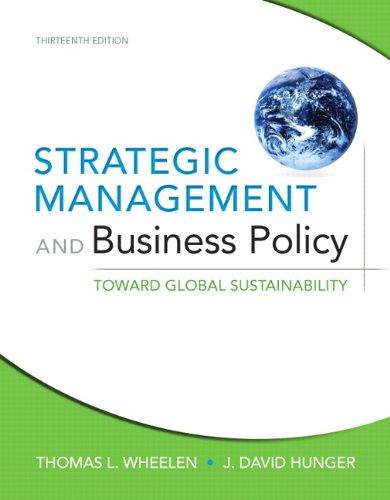Question
Consider a second-price sealed bid auction with n bidders. The player with the highest bid obtains the object and pays a price equal to the
Consider a second-price sealed bid auction with n bidders. The player with
the highest bid obtains the object and pays a price equal to the second highest
bid. In case of a tie, each player obtains the object with probability m1 , where
m equals the number of bidders who share the highest bid. Player i's valuation
of the object is i [0; ]. The values 1 , ..., n are drawn independently from
a commonly known distribution on [0; ]. Bidder i knows i , but not j for
ji . Let p denote the price paid for the object. The payoff to player i is
i - p if he obtains the object
0 if he does not obtain the object.
Show that bidding truthfully, that is, bi (i ) =i weakly dominates bidding
an amount higher than i
Step by Step Solution
There are 3 Steps involved in it
Step: 1

Get Instant Access to Expert-Tailored Solutions
See step-by-step solutions with expert insights and AI powered tools for academic success
Step: 2

Step: 3

Ace Your Homework with AI
Get the answers you need in no time with our AI-driven, step-by-step assistance
Get Started


